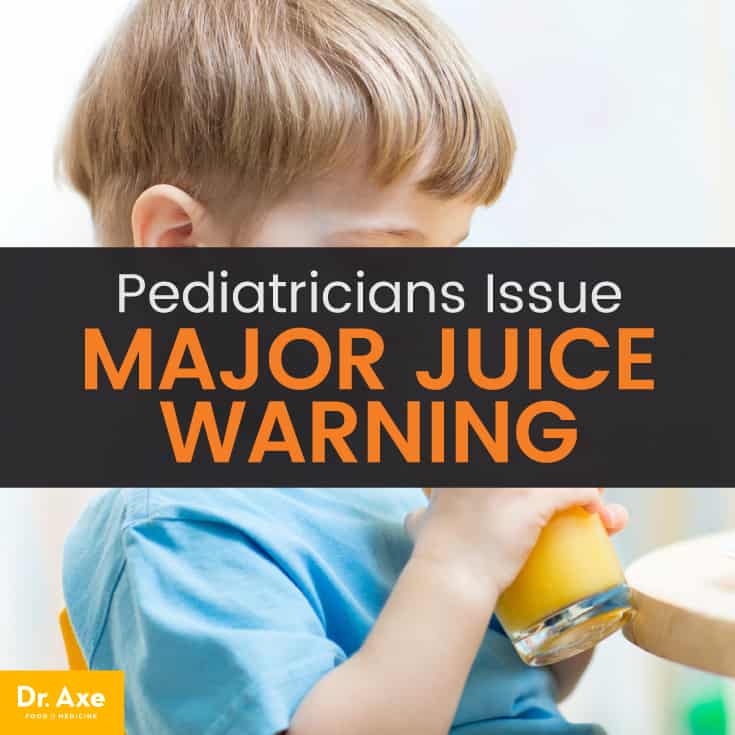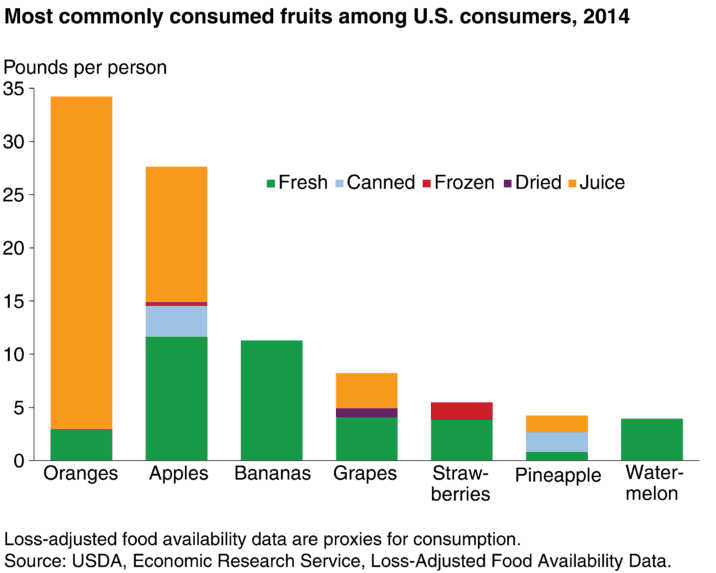This Dr. Axe content is medically reviewed or fact checked to ensure factually accurate information.
With strict editorial sourcing guidelines, we only link to academic research institutions, reputable media sites and, when research is available, medically peer-reviewed studies. Note that the numbers in parentheses (1, 2, etc.) are clickable links to these studies.
The information in our articles is NOT intended to replace a one-on-one relationship with a qualified health care professional and is not intended as medical advice.
This article is based on scientific evidence, written by experts and fact checked by our trained editorial staff. Note that the numbers in parentheses (1, 2, etc.) are clickable links to medically peer-reviewed studies.
Our team includes licensed nutritionists and dietitians, certified health education specialists, as well as certified strength and conditioning specialists, personal trainers and corrective exercise specialists. Our team aims to be not only thorough with its research, but also objective and unbiased.
The information in our articles is NOT intended to replace a one-on-one relationship with a qualified health care professional and is not intended as medical advice.
Is Juice Healthy? Doctors Issue Warning for Parents
May 25, 2017

Parents often give toddlers and young children fruit juice because it’s conveniently packaged and tastes good. Translation? Happy kids. But is juice healthy? While many pediatricians gave the green light for juice over the years, and in some cases even recommended it for an extra boost of vitamin C, doctors are now singing a much different tune.
A 2017 report published by the American Academy of Pediatrics (AAP) warns parents and caregivers about the potential negative side effects of fruit juices, giving recommendations for fruit juice consumption in infants, children and adolescents. (1) An important takeaway: Ideally, babies 1 and under wouldn’t have any juice. But there’s much more as we dig into the “is juice healthy” question…
Is Juice Healthy?
The AAP report notes that consuming large quantities of fruit juice can contribute to energy imbalance — just like soda would — as well as diarrhea, over-nutrition or undernutrition, flatulence, abdominal distention, increased calorie consumption and tooth decay. (And unfortunately, the age old trick of diluting juice with water doesn’t decrease dental risks.)
So, you’re probably wondering just how much juice is too much, now that doctors are finally giving a better answer to the age-old question, “Is juice healthy?” The official guidelines break down juice consumption recommendations by age group to better outline healthy juice consumption:
- The AAP says infants 6 months of age or younger should not drink any juice. In fact, the national pediatrician organization says caretakers should only give infants breast milk until 6 months of age. The only exception is if the mother cannot or chooses not to breastfeed. In which case, infant formula is an appropriate substitution.
- Is juice healthy for kids over 6 months of age? Not so fast. AAP recommends babies and infants should avoid all juice throughout their entire first year of life, unless told otherwise from a qualified healthcare provider.
- Professionals recommend no more than 4 to 6 ounces of fruit juices per day for children ages 4 to 6 year olds. For 7 to 18 year olds, the suggested daily intake should be no more than 8 ounces. Drink one of the common single-serving bottles of a juice from a vending machine or store, and a child easily at least doubles this amount.

A 2012 Consumer Reports survey found that a whopping 54 percent of parents of children 2 and under said their kids drank juice in the last 24 hours. That’s concerning for a few reasons: (2)
- A Consumer Reports analysis found about 10 percent of apple and grape juices sampled contained total arsenic levels higher than U.S. drinking water standards.
- Beyond that, about 25 percent of samples contained levels that exceed the amount of arsenic the Food and Drug Administration allows in bottled water.
- Arsenic gets into fruit juices through a few avenues, including legacy arsenic-based orchard insecticides that hang around in the soil from decades ago and using imported juice concentrate from China.
Definition
The U.S. Food and Drug Administration mandates that to be labeled as a fruit juice, a beverage must be 100 percent juice from fruit. If a juice is reconstituted from concentrate, the label must state so. Any drink that is not 100 percent fruit juice must list the percentage of the product that comes from real fruit juice.
The beverage must also include a descriptive term (for example, “drink” or “beverage”). Companies must list added sweeteners, flavors and sometimes fortifiers (e.g., vitamin C or calcium) on the label, according to the Food and Drug Administration (FDA).
Downsides
Here, let’s take a look at some of the science on juice. Now, to be clear, I’m not talking about the types of superfood juices you may occasionally enjoy at home. These studies are looking at the types of juices you’d get in the supermarket, a restaurant or convenience store.
- In 2012, researchers from the University of California, San Francisco, pushed the United States Department of Agriculture’s (USDA) Child and Adult Food Care Program to totally nix fruit juice and instead offer real, whole fruit to children. This government agency targets high-risk, low-income children 5 and under. It includes programs like Headstart and other low-income daycare centers. This makes total sense, since drinking excessive amounts of fruit juice is linked to metabolic syndrome, obesity and liver trouble. (3)
- Environmental Working Group’s Food Scores Database shows that some popular orange juice brands contains 8 teaspoons of natural sugar per serving. (4) But it doesn’t end there. Popular brands may also use questionable additives, including calcium phosphate, an ingredient that’s been shown to increase the risk of cardiovascular and kidney disease in people. (5) That’s why I just eat the orange and skip the commercial juice!
- In 2016, University of Virginia researchers found that drinking even 100 percent juice regularly from age 2 increases a child’s risk of becoming overweight by age 4. (6)
- Drinking 12 ounces of more of juice during childhood is linked to shorter and more obese kids. (7)
- Even prominent endocrinologists are urging parents to put the brakes on juice drinks for kids. (8)
Best Juices
Although whole fruit is considered a healthier alternative than fruit juice in terms of sugar and nutritional benefits, if you do choose to drink or give your children juices, there are healthier options to choose.
1. Pomegranate juice
In a UCLA study, scientists discovered that pomegranate juice possesses 20 percent more antioxidant capacity compared to any other beverage analyzed. (1) Because pomegranate juice is so rich in polyphenols and other benefit-rich compounds, it’s definitely a juice to enjoy in small quantities from time to time.
Pomegranate juice benefits include helping to fight cancer, decreasing hypertension, boosting heart health, relieving osteoarthritis, improving memory and fighting inflammation.
2. Antioxidant-rich fruit juices
In the same UCLA study, concord grape juice, blueberry juice, black cherry juice and acai juice ranked just below pomegranate juice in the respective order for the healthiest juice options. Researchers ranked the juices and other beverages according to antioxidant potency, ability to inhibit LDL oxidation and total polyphenol content.
So, if you are choosing a fruit juice, these juices may provide more benefits than other alternatives. Beware that just because these juices are high in antioxidants, does not mean they contain any less sugar. Be sure to consume in moderation and still consider reaching for the fruit in its whole form first.
3. Vegetable-based juices
By choosing vegetables as the base of your juice, you reduce the number of sugars in your drink. Carrot and beetroot juice are two popular vegetable juice options. Carrot juice has been linked to improved eye health, decreased risk for heart disease and stroke, boosted skin health and wound healing and better brain health and cognitive function. Athletes enjoy beetroot juice for improved athletic function!
Bone Building Juice, GI Healing Juice and Hormone Helper Juice all make tasty juices without any fruits.
4. Noni juice
Everyone’s heard of orange juice. But noni juice? This fruit comes from trees more common to Australia, Southeast Asia and the Pacific Islands. And while noni juice been a popular folk remedies for hundreds of years, we now we have the science to back it up, too.
If your child won’t drink these vegetable juices, you can mix fruits and veggies. When done properly, this will still minimizing their intake of naturally occurring sugars. There are plenty of vegetable-based juices that incorporate healthy, fresh fruits for added sweetness without containing too many sugars — like this anti-inflammatory juice recipe.
Final Thoughts
- An assortment of fruit juices in appropriate amounts for a child’s age will not likely cause significant symptoms. Fruit juice, however, is not more beneficial than the fruit in its whole form.
- The fruit itself contains more healthy fibers and allows children to slowly consume the calories and sugar instead of quickly ingesting them into the body.
- If you do go for juice occasionally, try pomegranate juice, antioxidant-rich fruit juices and vegetable-based juices. Be cautious of unpasteurized juice products that may contain pathogens.




